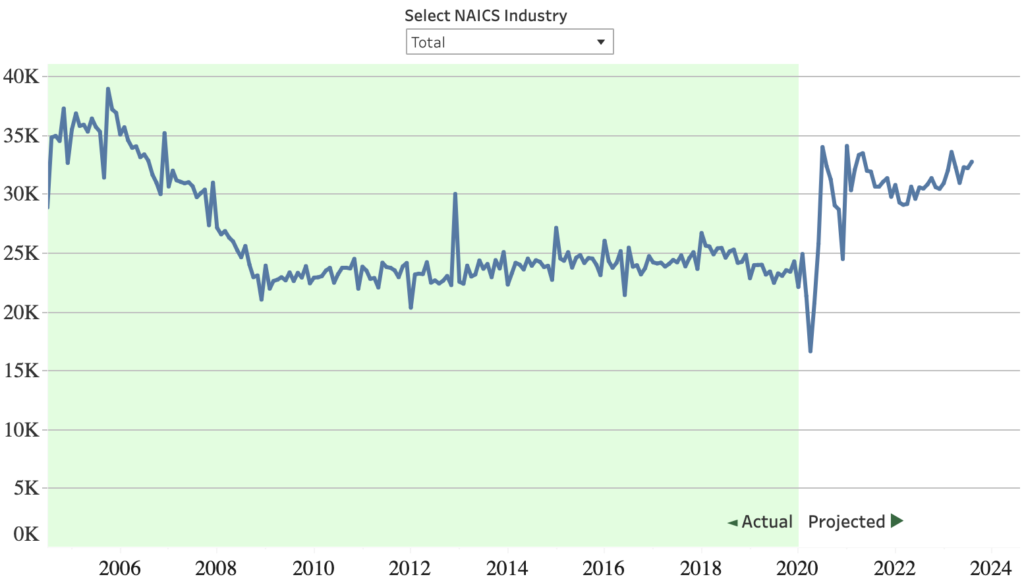The American culture is heavily influenced by entrepreneurship. Entrepreneurship in the United States has been crucial in advancing economic development, encouraging innovation, and forming the American ideal from the country’s founding to the present. This blog examines the history of entrepreneurship in the United States, charting its development from the founding of the republic to the vibrant and varied business environment we witness today.
With the start of the Industrial Revolution, the United States saw a significant transition in the 19th century. The development of the steam engine, telegraph, and railroad accelerated economic development and produced new business opportunities. During this time, visionaries like Andrew Carnegie and John D. Rockefeller arose, accumulating wealth in the steel and oil industries.
The Rise of the Small Business

Small businesses contributed significantly to entrepreneurship in the United States while the titans of industry were making their mark. The backbone of many towns, including mom-and-pop shops, regional artisans, and family-run farms, contributed to the economic vibrancy of the country. In addition to offering jobs, these small companies also promoted a sense of place and community.
American enterprise was put to the test severely during the Great Depression of the 1930s. Millions of people became unemployed as a result of numerous failing firms. But this time also gave rise to adaptability and creativity. During these trying times, businessmen like Walt Disney and Ray Kroc launched their enterprises, laying the groundwork for household names like Disney and McDonald’s.
The Tech Revolution and Digital Era
With the onset of the technological revolution, the late 20th century marked the beginning of a new chapter in the history of American entrepreneurship. Companies like Apple, Google, and Facebook altered the way we live, work, and communicate in Silicon Valley, a region of California that has grown to be a center for innovation. The ability of the entrepreneurial spirit to transform entire industries was demonstrated during this time.

Entrepreneurship has undergone yet another transformation thanks to the internet and e-commerce. Individuals can now launch enterprises and reach a worldwide audience more easily thanks to online marketplaces and digital platforms. Businesses like Amazon and eBay have democratized entrepreneurship by giving small sellers a platform to succeed.
Entrepreneurship: What Runs the American Economy?
American entrepreneurship has expanded in diversity and inclusivity over the past few decades. Women, people of color, and immigrants have made major achievements as business owners, adding to the diversity of viewpoints and ideas in the corporate world. Opportunities for a larger spectrum of entrepreneurs have increased thanks to efforts and programs targeted at promoting entrepreneurship, like startup incubators and venture capital funds.
The development of entrepreneurship in the US is a tale of flexibility, ingenuity, and tenacity. Entrepreneurship has consistently changed over time to satisfy the shifting requirements of society, from the early explorers who pushed the boundaries of knowledge to the tech giants who created the digital age. As we look to the future, the entrepreneurial spirit in America is still thriving, fuelled by a broad group of trailblazers who are still reshaping the economic landscape of the country and inspiring others throughout the globe.
Monthly Total Business Formations—Actual and Projected (Seasonally Adjusted as of August 2023)





